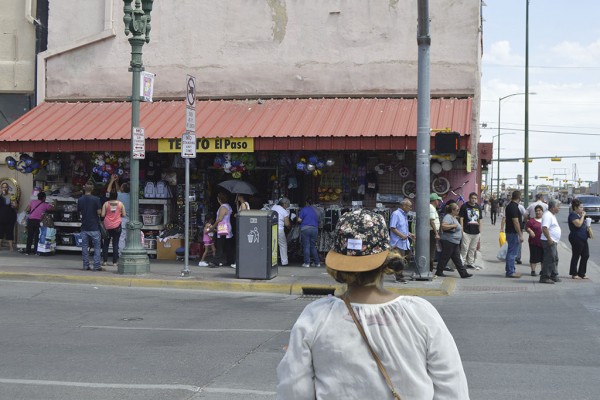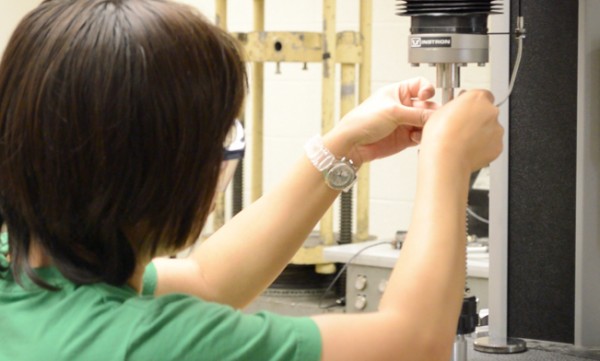‘Mexican Black Friday’ struggles to compete with U.S. deals in border towns
|
CD. JUAREZ– People gather in the electronics section of Walmart two weeks before Black Friday with their shopping carts still empty, going in circles among the store’s sales staff, who today wear red T-shirts announcing “the cheapest weekend of the year.”
As they tell shoppers that the price for the 60-inch flat-screen TV in front of them is the lowest they will ever see, someone with a microphone urges shoppers not to wait until Black Friday to do their Christmas shopping: “Forget about the long lines, ‘the good weekend’ is here.”
El Buen Fin, dubbed the Mexican Black Friday, took place from November 13 to November 16 this year. In past years, El Buen Fin has rung up to 197 billion pesos in sales, according to the Confederation of National Chambers of Commerce (Conacaco), This year was expected to bring in between four to eight percent more. While El Buen Fin has been successful in most parts in México since its inception in 2011, it hasn’t had the same success in border cities such as Cd. Juárez where shoppers have access to U.S. Black Friday sales.


